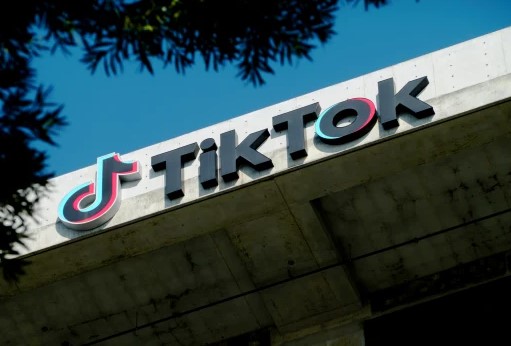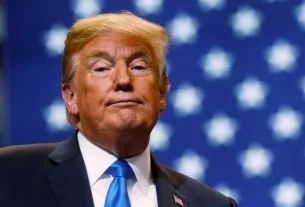1.TikTok
A statute requiring TikTok to transfer its business to an American owner by January 19, 2025, or risk a statewide ban was recently upheld by the U.S. federal appeals court. Widespread discussion about user privacy, national security, and the future of the US social media behemoth has been spurred by the ruling. The digital environment for millions of TikTok users and artists may change as a result of this decision. The US Court’s January 2025 decision regarding the ban and selling of TiKTok was intriguing.
2.Significance Ban
The Chinese corporation ByteDance owns TikTok, which has long alarmed the U.S. authorities. According to officials, the software might be used to disseminate propaganda or provide the Chinese government access to user data.
The court ruled that the possibility of foreign influence was substantial enough to warrant preventative measures even in the absence of any evidence. The court dismissed TikTok’s claim that the measure violates the U.S. Constitution, ruling that “the law targets control by a foreign adversary, not the content or speech on TikTok.
This ruling supports a larger pattern of increased scrutiny of digital platforms owned by foreign entities. If TikTok doesn’t comply, its 170 million users will be impacted by a total ban throughout the United States.
3.Effects on Creators and Users
Millions of content producers and companies who rely on TikTok for engagement and income significantly impacted if the ban implemented. Creators worry that YouTube and Meta might take over the business, limiting competition and inhibiting innovation.
Small companies may find it difficult to adjust to less engaging platforms if they depend on TikTok’s algorithm to attract niche audiences. Because it can encourage dynamic user involvement and viral trends that rivals might find difficult to match, the app has a distinct appeal.
4. Extended Effects for Social Media
The conflict between digital freedom and national security brought to light by this case. Civil rights organizations are among the critics who contend that focusing on particular apps creates a risky precedent. Rather than prohibiting specific platforms, they advocate for the implementation of broad privacy regulations.
5. What Will Happen to TikTok Next?
TikTok’s survival in the United States hinges on a last-minute settlement or an appeal to the Supreme Court, as the January 2025 deadline approaches. In the meantime, rivals like YouTube, Snapchat, and Meta stand to gain from TikTok’s possible withdrawal.
As the discussion progresses, the TikTok ban represents a significant shift in how technology, global impact, and user privacy interact in the digital era.
یہ بھی پڑھیں Imran Khan Now on the Toshakhana case IHC orders Surprise




